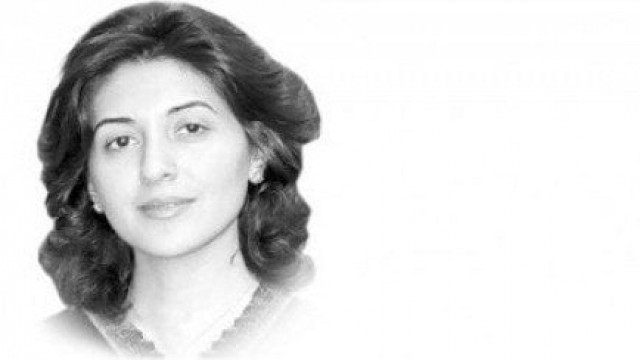Turning outrage into courage

Bigotry and hate exist in every society. What is important is how the state deals with it. In 1953, when anti-Ahmadi rioting first broke out in Pakistan, Khwaja Nazimuddin resisted the pressure to declare Ahmadis non-Muslim. But in 1974, Zulfikar Ali Bhutto succumbed. The fact that Prime Minister Nazimuddin, perhaps at the expense of his office (he was asked to step down soon afterwards), stood for what was right leads me to conclude that things started to go seriously wrong for Pakistan about 35 years ago. On the other hand, if one uses the example of what the blacks had to suffer in America, the history is opposite to ours. As late as the 60s, blacks in the US could not enter many restaurants, had to sit at the back of buses, and so on. But in 1964, America passed momentous legislation in the form of the Civil Rights Act, and though things did not change overnight, racial segregation was legally ended. It was the greatest achievement of the Kennedy government. Slowly, society responded by overcoming age-old prejudices and today America has a black president. This does not mean that all is well, for blacks still have lower average incomes than whites, but things have progressed in the right direction and are much better.
In the aftermath of the Lahore attack, I have heard condemnation from many quarters and outrage from some. The good news is that some who previously agreed with the legal discrimination against Ahmadis in Pakistan have now changed their minds. I find this particularly heartening. I must also praise our women parliamentarians from the PPP, MQM and ANP respectively, at whose behest, our National Assembly called the attack a “barbaric massacre”. The army too should be praised for burying with full military honours Major-General (R) Nasir Ahmed Chaudhry, who was brutally killed in the attack. And Mian Nawaz Sharif also deserves praise for describing Ahmadis as his “brethren” and an “asset for Pakistan”. Nearly every English newspaper has carried stories and opinions not only condemning the massacre but also highlighting the noteworthy contribution of the peaceful Ahmadi community to the Pakistan Movement, a fact that was rarely mentioned in previous years. In fact, I have read a couple of excellent pieces on this subject in the Urdu press as well, notably by Hamid Akhtar and Zaheda Hina.
But by no means is this enough. We must turn the present outrage into courage and take measures to reverse those steps that led us astray and away from the vision of our founding fathers. All our stakeholders, including the politicians, the army, the judiciary, and most importantly, the media need to come together and decide once and for all not to extend patronage to those forces that are bent upon creating divisions, to undo those black laws that give legal sanction to discrimination, to enact our very own Equal Protection Clause so all Pakistanis feel equally Pakistani, and to disallow hate speech. The last point is especially important for the media to consider as it has the most direct impact on opinion formation. Only then can we reclaim Jinnah’s Pakistan where “religion is not the business of the state” but best left between man and his Creator.
Published in the Express Tribune, June 14th, 2010.















COMMENTS
Comments are moderated and generally will be posted if they are on-topic and not abusive.
For more information, please see our Comments FAQ